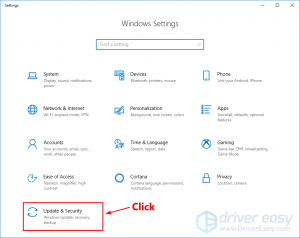
DLLs allow servicing of previously released code. However, these are now released as dynamic-like libraries (DLL) because of the increased demand for better security practices. In the past, the optional components of the DirectX SDK, including D3DX, were released as static libraries. This number should not be used to check if the correct DirectX runtime is already installed, because it doesn't take into account the optional DirectX components. Generally speaking, the DirectX version number is not meaningful except as a quick reference to the core run-time bits. This number does not cover the versions of the various optional components that are released in the DirectX SDK, such as D3DX, XACT, XINPUT, and so on. The DirectX version number, such as 9.0c, refers only to the version of the core components, such as Direct3D, DirectInput, or DirectSound.

Many of the optional components are regularly updated to integrate customer feedback and expose new features. The optional components are released in updates of DirectX SDK, and they include D3DX, XACT, XAudio2, XINPUT, Managed DirectX, and other such components. See Graphics APIs in Windows for more details. Windows 7 and Windows Vista support DirectX 11, which supports Direct3D 11, Direct2D, DirectWrite, the WARP10 software rendering device, and the 10level9 feature levels. Windows Vista includes DirectX 10, which supports the Windows Display Driver Model (WDDM) and Direct3D 10.x. The core components for DirectX 9.0c have not changed since the DirectX SDK Summer 2004 Update, and they match what was released with Microsoft Windows XP SP2, Windows XP Pro 圆4 Edition, and Windows Server 2003 SP1.

The core components, such as Direct3D and DirectInput, are considered part of the operating system. The DirectX runtime consists of core components and optional components.


For more details on the current state of the DirectX SDK, see Where is the DirectX SDK?, and the blog post Not So Direct Setup. Using the legacy DirectX SDK requires the use of the deprecated DirectSetup for components such as D3DX9, D3DX10, D3DX11, XAudio 2.7, XInput 1.3, and XACT. The legacy DirectX SDK is at end-of-life, but it's still available in order to support old games, tutorials, and projects.


 0 kommentar(er)
0 kommentar(er)
